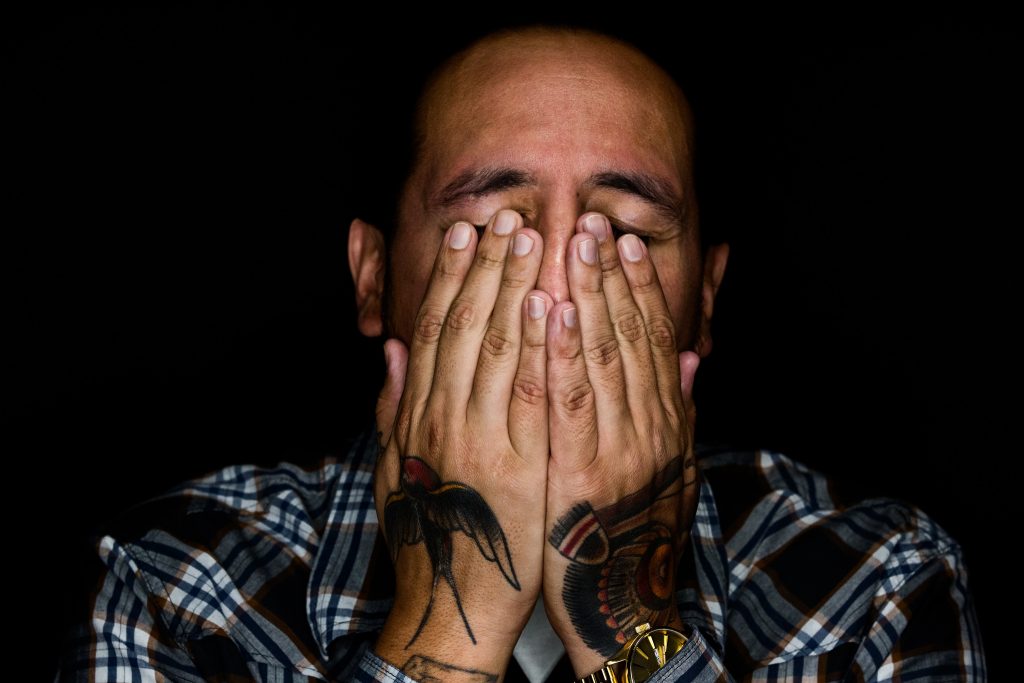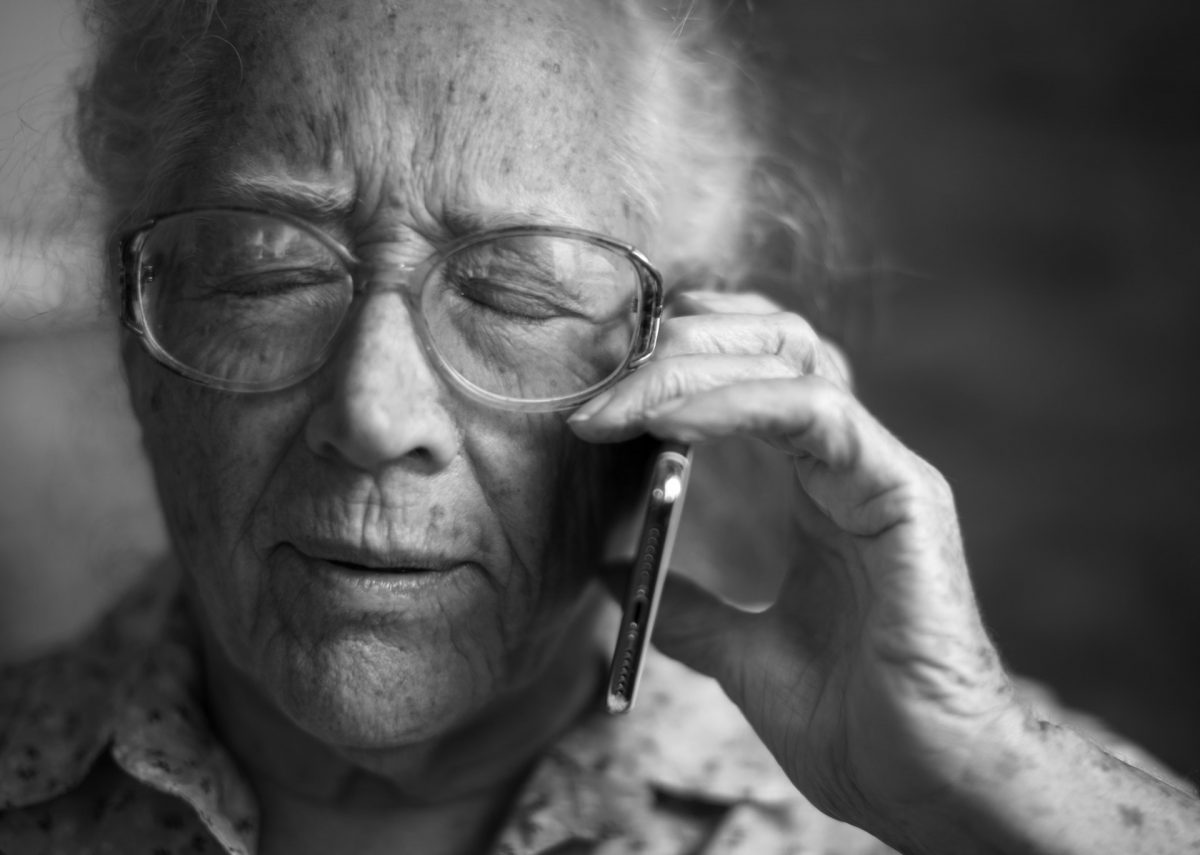No matter how much you take care of your eyes and your vision, you can expect to have some sort of eye issues at one point of your life. In order to stay safe and protected, it’s very important to know which are the most common eye problems and how to prevent and heal them.
Refractive errors
This is probably the most common issue with eyes people experience all over the world. As a matter of fact, around 50% of Australians wear glasses or contacts to correct one of these vision issues! Refractive errors occur when the eye’s shape prevents the light from hitting the eye correctly and focusing on the retina. These errors can be caused by a number of reasons from the length of the eyeball to changes in the shape of the cornea and aging of your eye. Most people with refractive errors have one of these four types.
Myopia or nearsightedness is a condition where you can see objects that are close to you clearly, but objects that are far away are blurry. The issue with myopia is that the light focuses in front of the retina instead where it should—in the middle of it.
Hyperopia or farsightedness is another common type of refractive error that opposite from myopia. With this issue, objects that are far way appear clear and objects that are near are blurry. However, farsightedness is quite specific. Some people don’t even notice any issues with their vision, especially at a young age while others experience blurriness for objects at any distance no matter if near or far.
Astigmatism is an eye condition that prevents the light from focusing evenly onto the retina. People who suffer from this condition tend to see images that are blurry and stretched out.
Presbyopia is strictly age-related. It’s an eye condition that prevents the ability to focus up close (or makes it very hard). As the years pass, the eye ages and the lens is no longer adaptable enough to low the eye to focus on objects nearby.
All of these conditions can be fixed with visual aids like glasses and contact lenses. In some cases, laser surgery is possible. If you do your laser eye surgery in Sydney you can even choose blade-free laser surgery that will allow you to ditch your contacts and glasses and see independently again. The treatment is safe, quick and effective and can work on many people!
Glaucoma
This eye disease is much more serious than refractive errors. If you have glaucoma, your eye fluid presses the optic nerve and can cause nerve damage and even blindness. While it can’t really be prevented, if you’re an older individual with a family history of glaucoma, make sure to have your eye exams regularly.
Cataract
Clouding of the lens or cataract causes blurry vision or even color changes. People who suffer from this disease often report seeing auras that surround objects, especially at night. This condition is most common in seniors and it can be removed with surgery that replaces the damaged lens with an artificial one.
Amblyopia
Also known as “lazy eye”, amblyopia occurs when vision is not properly developed in the eyes, so the brain starts to concentrate more on the eye with better vision. This usually develops in formative years from birth to six years old if one eye exhibits issues like lid droop, tumor or eye misalignment. If the condition is properly diagnosed and treated, children have a big chance of recovering.
Diabetic retinopathy

Like it says in the name, diabetic retinopathy is damage to the blood vessels of the retina in people with diabetes. The result of diabetic retinopathy can be blurred vision, dark spots in the visual fields and even blindness (when not treated). The best way to prevent this issue is to keep your blood sugar at bay and have a regular dilated eye exam with your doctor.
Dry eye syndrome
Usually, due to issues with tear formation, tear ducts and eyelids, some people can develop a lack of tears that results in a dry eye syndrome. While it can cause pain and blurred vision, it can be easily managed with special drops prescribed to you by your doctor.
If you keep these common eye diseases in mind and have regular exams with your doctor, there’s a great possibility you will retain your good vision long into your old age. If not, there are always aids and surgeries that can help.




